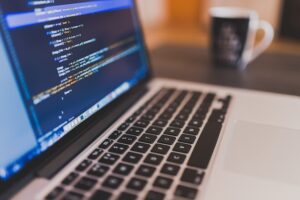In our company, Visian Systems, write clean code is what makes us stand up in the software development market. But this is not something you are born with, it’s a skill and a habit you develop over the years. For this reason, we’d like to share a few tips that helped us to improve our code-writing […]


Leave a Reply